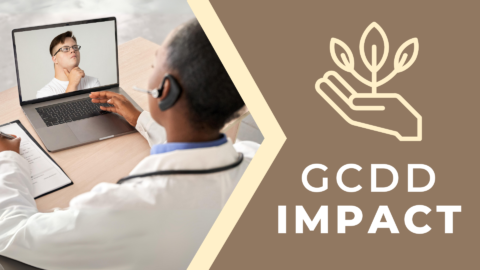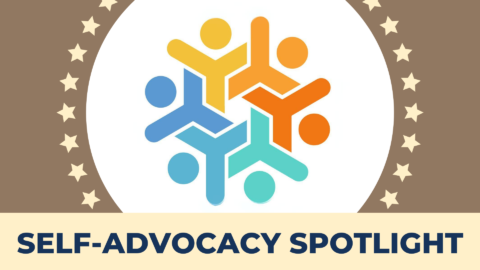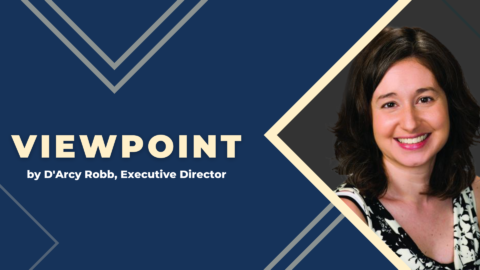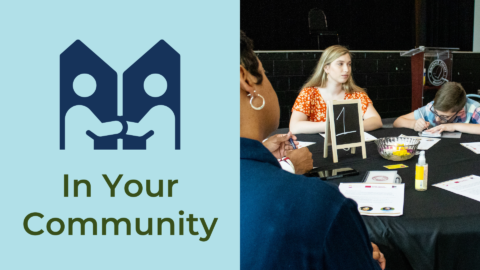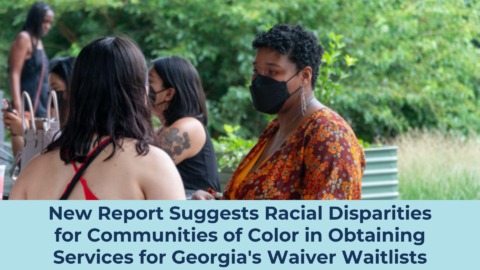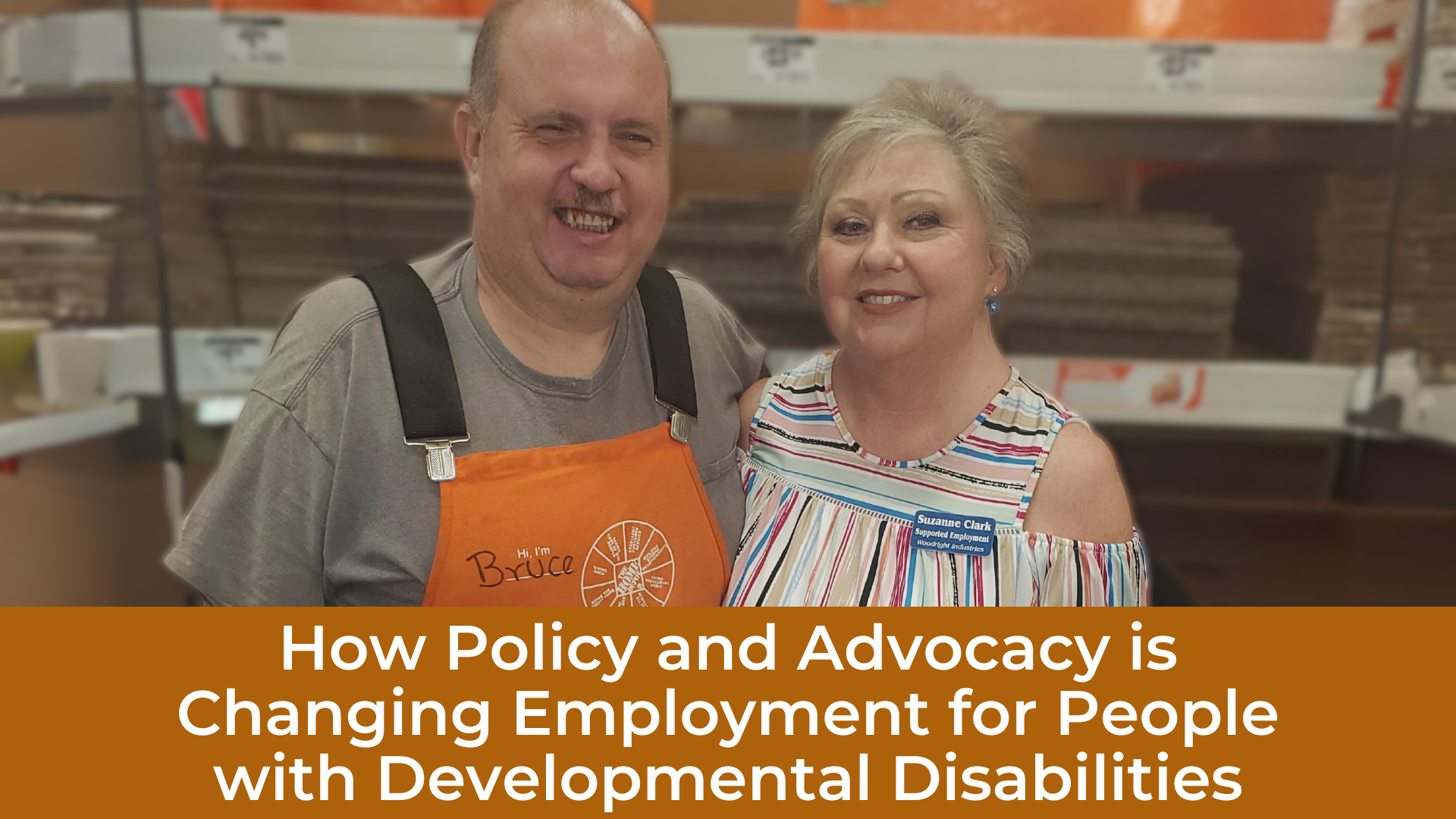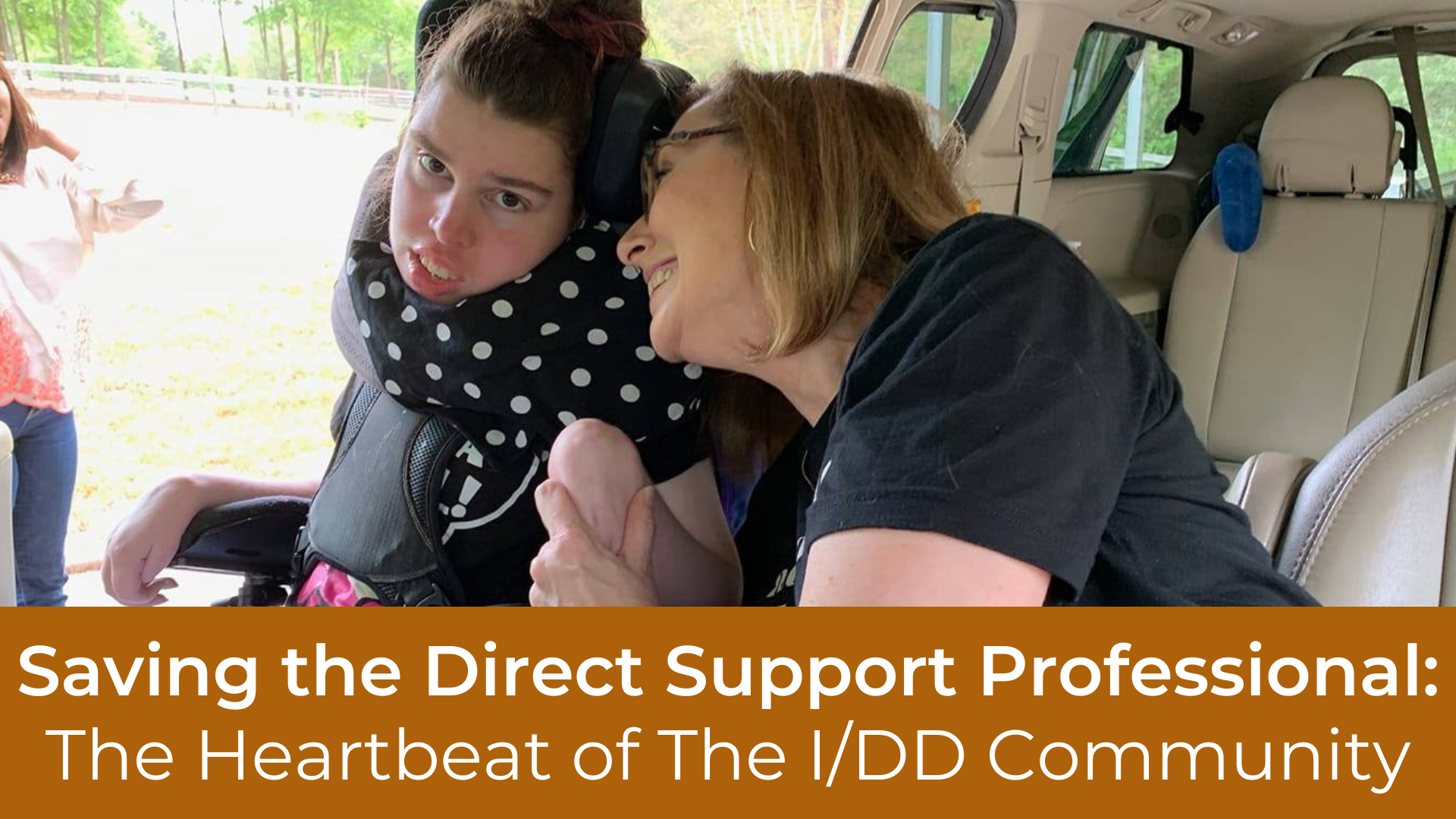With the expansion of telehealth and similar methods of virtual care, many people, particularly people with disabilities, may have questions about the efficacy and availability of telehealth. A study at the Morehouse School of Medicine’s (MSM) National Center of Primary
Category: Current Issue (page 2)
List of related posts
Uniting for Change Prepares to Advocate for Change in 2024
In November, Uniting for Change held a State and Area Leadership Collective retreat in Macon with 80 people attending. During this retreat, we set priorities for 2024 within each workgroup of the four Local Area Networks, and as the Statewide
Viewpoint: Gaining Momentum
At the Georgia Council on Developmental Disabilities (GCDD), we are always driven by our overarching values, and specifically by our public policy agenda. As we gear up to head into another legislative session in 2024, I want to take time
Public Policy for The People: GCDD’s Vision for Georgia’s Disability Community in the 2024 Legislative Session
Hello! My name is Charlotte Densmore. I joined the Georgia Council on Developmental Disabilities (GCDD) as the Public Policy Director in August 2023. My involvement in disability advocacy originated from my work as a mentor with the EXCEL (Expanding Career,
Mark Your Calendars for a Seat at the Table!
A Transformative Conversation Around Equity, Disability and Support Presented by Georgia Council on Developmental Disabilities (GCDD), Equitable Dinners, L’Arche Atlanta and Out of Hand Theatre on February 6 and 27, 2024, the two gatherings will bring together dinner and discussion
The Georgia Council on Developmental Disabilities Kicks off Virtual Road Tour
Many Georgians associate the Georgia Council on Developmental Disabilities (GCDD) with serving or working only with the disability community in Metro Atlanta. To make sure that people with developmental disabilities (DD) and their families meet the Council and learn that
New Report Suggests Racial Disparities for Communities of Color in Obtaining Services for Georgia’s Waiver Waitlists
Families of adults with developmental disabilities (DD) often find themselves as primary caregivers because they do not want the relative to be institutionalized and alternative options are not always readily available. Individuals with DD who have been referred to a
How Policy and Advocacy is Changing Employment for People with Developmental Disabilities
When Georgia legislator Sharon Cooper, R-Marietta, heard from a constituent that there were residents making as little as 22 cents an hour, she had to do a double take.
“It seems like that is something out of the 1800s when we didn’t have child labor laws and they had children working for six cents an hour. It’s just antiquated,” she said.
Cooper gathered her team to research the issue and discovered that low wages for people with disabilities isn’t just a common practice, it’s part of federal law.
Saving the Direct Support Professional: The Heartbeat of The I/DD Community
“The world will be missing out if we don’t do what is necessary. And we clearly have shown that what is necessary are these Direct Support Professionals,” remarked Pam Walley, executive director of Georgia Options. “We’re going to miss out on the contributions of a lot of really talented, wonderful, giving, creative, amazing people,” she added.

